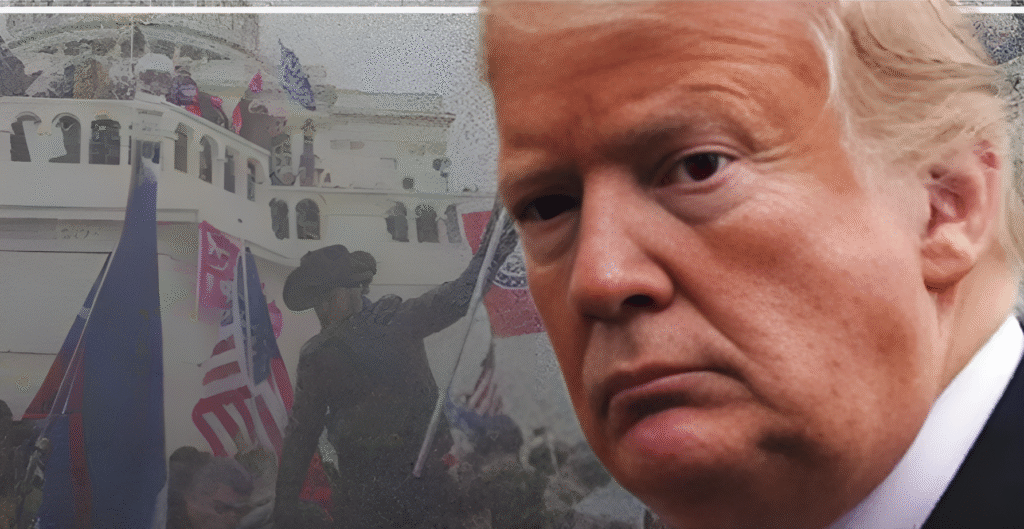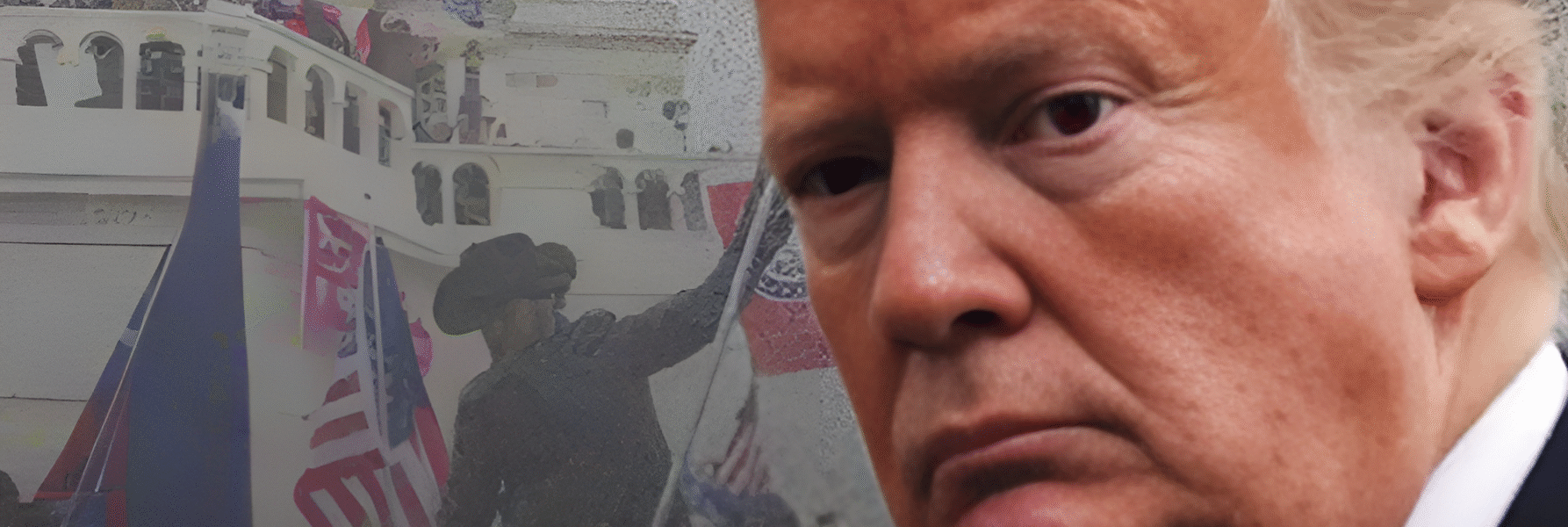
In his provocative book The Civilization of the Spectacle, Peruvian Nobel laureate Mario Vargas Llosa argues that modern culture has devolved into mere entertainment. Far from enriching us, it now serves to distract and numb the public—blinding us to deeper political and social realities.
In today’s hyper-connected world, this spectacle is no longer confined to entertainment or consumerism. It has permeated every aspect of life—from politics and religion to the economy and media. Under digital capitalism, everything is curated for performance. The result? A politics of illusion, distraction, and manipulation.
Politics has morphed into a form of entertainment—part soap opera, part vaudeville. Political leaders no longer just govern; they perform. They play roles: messiah, macho man, soldier, or savior. They cultivate media personas tailored for viral moments, spectacle, and cult followings.
As British journalist Gideon Rachman explains in The Age of the Strongman, modern autocrats build power through personality cults, performative nationalism, and disdain for traditional institutions like the press or judiciary. These elected strongmen thrive in the age of spectacle, where media attention equals political capital.
Media: From Watchdog to Stagehand
Modern media no longer just reports the news—it curates the narrative. The “agenda-setting” power of the press allows media houses to decide what matters, what to ignore, and how to frame public perception.
Instead of acting as watchdogs, many media outlets become co-creators of political theater, amplifying polarising rhetoric and sidelining nuanced discussion. Coverage centers on a leader’s brand, scandals, and rallies, transforming elections into made-for-TV events.
Surveillance and Social Scoring: Autocracy’s New Tools
Autocratic states like China have implemented social credit systems, tracking citizens’ behavior both online and offline. Through facial recognition and data surveillance, individuals are scored and regulated in ways that echo dystopian fiction.
Surprisingly, democracies are borrowing from this playbook. Under the Trump administration, U.S. visa applicants were required to reveal their social media accounts—an unprecedented move toward digital vetting. It’s an alarming sign of how even democratic nations are embracing digital authoritarianism under the guise of security and order.
The Global Democracy Recession
We are living through what experts call a “democracy recession.” Since 2009, waves of de-democratisation have spread worldwide. As inequality rises and the middle class shrinks, citizens are becoming disillusioned with democratic institutions.
Historians like Niall Ferguson and Yascha Mounk warn of systemic breakdown. Ferguson suggests that republics rarely survive beyond 250 years—and that the U.S. may be entering its imperial phase. Mounk, in The People vs. Democracy, speaks of a world in which we now face “rights without democracy”—where authoritarian populists erode freedoms while claiming popular legitimacy.
Autocrats Within Democracies
What defines the new autocrats is not their coup d’états, but their mastery of democratic processes. They win elections, dominate media, and erode checks and balances from within.
As political scientists Steven Levitsky and Daniel Ziblatt point out in How Democracies Die, autocrats succeed by “capturing the referees”—controlling courts, election commissions, and law enforcement. Executive overreach becomes normalized, and democratic institutions hollow out.
The Digital Dilemma: More Data, Less Freedom
Digitization has undeniably brought convenience. But it has also created a surveillance ecosystem. Far from promoting citizen-centric governance, digital tools are increasingly used for monitoring, manipulation, and marginalization.
In many democracies, a rising “citizenship insecurity” is evident. Governments demand constant proof of identity and allegiance. Technology has made the citizen feel like a suspect—permanently surveilled, profiled, and rated.
The paradox of information abundance is real. We have more data, more content, more access than ever. Yet this hasn’t led to more freedom. Instead, we are being nudged toward digital unfreedom—a controlled, curated experience governed by algorithms.
When Institutions Lose Trust
Traditional democratic institutions—from parliaments to newsrooms—are experiencing a crisis of trust. Citizens are turning to independent media, podcasts, and influencers for information.
This shift is not merely technological—it is political. As traditional platforms are co-opted by governments or corporate interests, alternative voices are filling the gap, for better or worse. Meanwhile, legacy media struggles with relevance and credibility.
A World Alone Together
Digital technology was meant to connect us, but it often isolates. MIT professor Sherry Turkle, in her book Alone Together, describes technology as “the architect of our intimacies.” We are surrounded by content but starving for connection.
Philosopher Hannah Arendt once warned that loneliness is the seedbed of totalitarianism. Today’s digital culture creates that very loneliness—separating people behind screens, feeding echo chambers, and reducing complex identities to binary choices.
Final Thoughts: The Age of Manufactured Reality
In today’s world, both autocracies and democracies are harvesting attention through algorithm-driven spectacles. We are governed as much by optics as by policies. The line between news and performance has blurred. Facts are curated, identities commodified, and citizens transformed into passive spectators.
Democracy is not dying with a bang—but fading into a spectacular distraction. As citizens of the digital age, we must ask: are we informed participants, or just an audience to the greatest show on earth?





